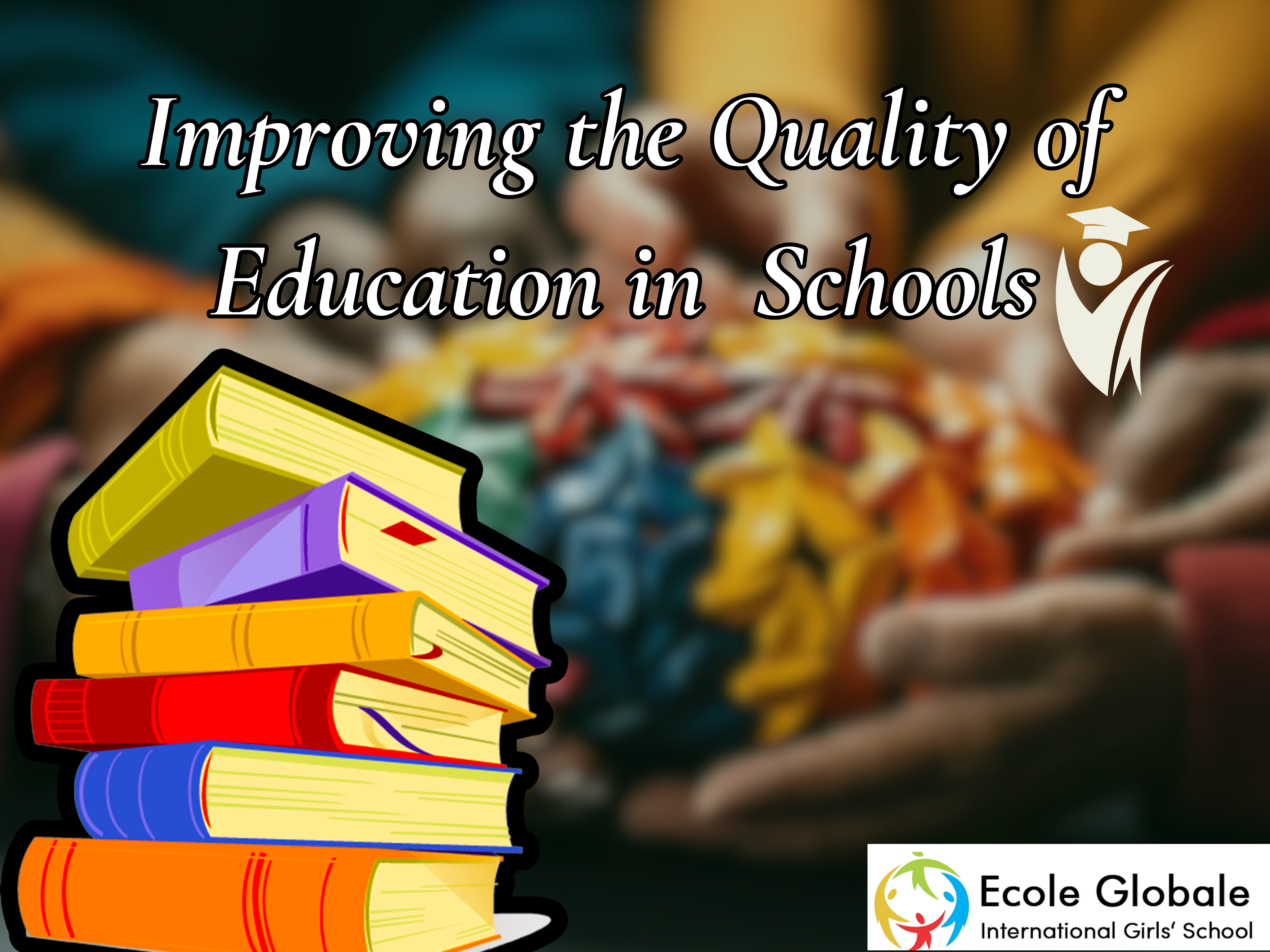The quality of education in India has long been a topic of concern, with numerous studies and reports highlighting the challenges faced by the country’s education system. As a fundamental right and a crucial factor in the growth and development of the nation, ensuring high-quality education is a pressing priority.
The Current State of Education in India

India’s education system is the second-largest in the world, with over 1.3 billion students enrolled in various educational institutions. However, the quality of education has been a significant concern, with poor learning outcomes and high dropout rates. According to UNICEF, poor quality education is leading to poor learning outcomes, ultimately pushing children out of the education system and leaving them vulnerable.
The issues plaguing the Indian education system are multifaceted, ranging from inadequate infrastructure and resources to a lack of qualified teachers and outdated curriculum. A critical analysis by Outlook India highlights the need for improving the quality of education in Indian schools, as it is essential for building a strong foundation for the nation’s future.
Identifying the Challenges

One of the primary challenges faced by the Indian education system is the lack of access to quality education, especially in rural and underprivileged areas. This has resulted in a significant gap in the learning outcomes between urban and rural students, as well as between students from different socioeconomic backgrounds.
Another major challenge is the shortage of qualified and well-trained teachers. Many schools, particularly in remote areas, struggle to attract and retain talented educators, leading to subpar instruction and poor learning outcomes. Additionally, the curriculum and teaching methodologies often fail to keep pace with the changing needs of the 21st-century workforce, further exacerbating the problem.
Addressing the Challenges of quality of education

To address the challenges and improve the quality of education in Indian schools, a multifaceted approach is necessary. This includes:
1. Enhancing Infrastructure and Resources
Investing in the development of modern and well-equipped school infrastructure is crucial. This includes providing access to basic amenities, such as clean drinking water, functional toilets, and well-maintained classrooms, as well as access to technology-enabled learning resources.
2. Improving Teacher Quality and Training
Recruiting and retaining high-quality teachers is essential. This can be achieved through competitive salaries, comprehensive training programs, and continuous professional development opportunities. Additionally, implementing robust teacher evaluation and accountability systems can help ensure that teachers are delivering effective instruction.
3. Curriculum Modernization and Skill Development
Updating the curriculum to align with the changing needs of the job market and incorporating relevant skills, such as critical thinking, problem-solving, and digital literacy, is crucial. This can be achieved through collaboration with industry experts and incorporating feedback from stakeholders, including students, parents, and employers.
4. Promoting Inclusive and Equitable Education
Ensuring that all students, regardless of their socioeconomic background, have access to quality education is paramount. This can be achieved through targeted interventions, such as scholarships, subsidies, and community-based educational programs, to support underprivileged students.
5. Strengthening Monitoring and Accountability
Establishing robust monitoring and accountability systems can help identify and address the shortcomings in the education system. This includes regular assessments, data-driven decision-making, and the implementation of feedback mechanisms to continuously improve the quality of education.
The Way Forward

Improving the quality of education in Indian schools is a complex and multifaceted challenge, but it is one that must be addressed to secure the nation’s future. By addressing the key challenges and implementing a comprehensive strategy, India can pave the way for a more equitable and high-performing education system that prepares its citizens for the demands of the 21st century.
Through collaborative efforts involving the government, educators, industry stakeholders, and the community, India can leverage its vast human capital and unlock the immense potential of its youth, ultimately contributing to the country’s overall social and economic development.









